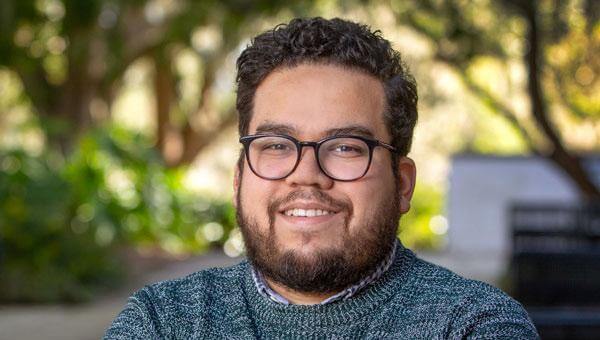Transformer-based large language models are making significant strides in various fields, such as natural language processing, biology, chemistry, and computer programming. Here, we show the development and capabilities of Coscientist, an artificial intelligence system that autonomously designs, plans, and performs complex experiments by incorporating large language models empowered by tools such as internet and documentation search, code execution, and experimental automation. Coscientist showcases its potential for accelerating research across six diverse tasks, including the successful reaction optimization of palladium-catalyzed cross-couplings, while exhibiting advanced capabilities for (semi-)autonomous experimental design and execution. Our findings demonstrate the versatility, efficacy, and explainability of artificial intelligence systems like Coscientist in advancing research. Lastly, I will show how we are developing systems for autonomous catalytic reaction optimization.
Biography:
Dr. Gabe leads the Gomes Group at Carnegie Mellon University, where he joined as an assistant professor in the departments of Chemistry and Chemical Engineering in January 2022. He holds affiliations with CMU’s Machine Learning Department, the Wilton E. Scott Institute for Energy Innovation, and the CMU Cloud Lab. Gabe serves as an ad-hoc AI for Science advisor to government agencies, non-profit organizations, and companies.
Gabe hails from Brazil, where he received his BSc in Chemistry with Technological Attributes from the Federal University of Rio de Janeiro in 2013, with an academic exchange year at the University of Lisbon, Portugal. He earned his PhD in 2018 from Florida State University under the guidance of Professor Igor Alabugin, where he was also awarded a LASER Fellowship in 2014 and a 2016 IBM PhD Scholarship. At FSU, Gabe’s research was centered on the relationship between molecular structure and reactivity, focusing on the development and applications of stereoelectronic effects. His PhD work earned him FSU’s Graduate Student Research and Creativity Award, the ACS COMP Chemical Computing Group Excellence Award, and selection for the CAS SciFinder Future Leaders Program.
In 2019, Gabe joined the University of Toronto and Vector Institute for Artificial Intelligence as a Postdoctoral Research Fellow in the Matter Lab, led by Professor Alán Aspuru-Guzik. In 2020, he was awarded the prestigious NSERC Banting Postdoctoral Fellowship with the project “Designing Catalysts with Artificial Intelligence.” Gabe’s vision was recognized by Chemical & Engineering News in his selection as one of 2022’s Talented 12 in what he calls “transformative digital molecular design.” In 2024, he was selected as a Scialog Fellow for Automating Chemical Laboratories, a program organized by the Research Corporation for Science Advancement.
The Gomes Group aims to merge state-of-the-art machine learning, computational chemistry, and automation for reaction discovery and optimization. The group is pioneering the integration of foundation models into chemical sciences and engineering via the development of intelligent agents that can autonomously design, plan, and execute sophisticated experiments in automated and cloud labs. Their cross-disciplinary pursuits extend into fields such as robotics and biomaterials, ultimately shaping conversational interfaces that democratize access to advanced scientific tools.
The Gomes Group is part of the NSF Centers for Computer-Assisted Synthesis (C-CAS), Chemoenzymatic Synthesis (C-CES), and Accelerated Photocatalysis (CAP), as well as the Catalysis Innovation Consortium.


